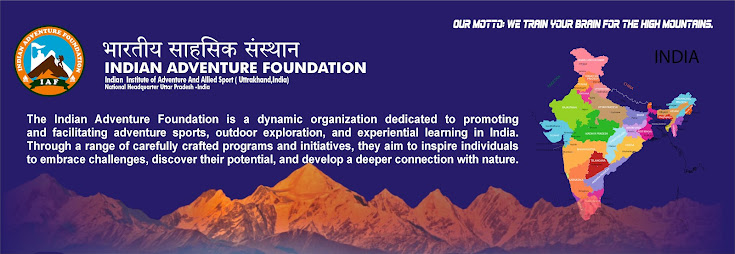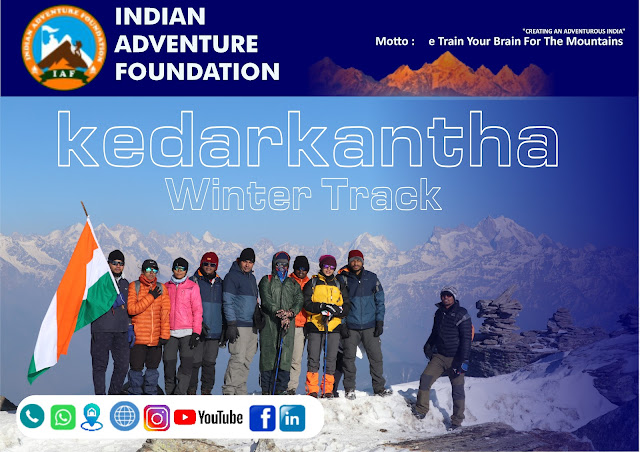Here are some key components of a typical mountaineering course.
A mountaineering course is a structured program designed to teach individuals the skills and knowledge necessary for safely climbing mountains and engaging in mountaineering activities. Mountaineering encompasses a wide range of activities, including rock climbing, ice climbing, glacier travel, snow climbing, and high-altitude climbing. These courses are typically offered by outdoor education institutions, climbing schools, or mountain guiding organizations.
Here are some key components of a typical mountaineering course.
Basic Skills: Most courses start with teaching basic skills like knot tying, belaying, rappelling, and the proper use of climbing equipment such as ropes, harnesses, helmets, and carabiners.
Rock Climbing: Participants learn how to climb on rock faces, which often includes techniques for ascending and descending rock walls and improving their climbing efficiency.
Ice and Snow Skills: For alpine and high-altitude mountaineering, participants are trained in ice climbing, snow climbing, and crevasse rescue techniques.
Navigation: Understanding maps, compass use, and GPS navigation is crucial for mountaineers, as they often venture into remote and challenging environments.
Avalanche Safety: In courses that include snow-covered terrain, students are taught about avalanche awareness and safety, including how to use avalanche transceivers, shovels, and probes.
First Aid: Mountaineering courses typically include wilderness first aid training, as it's essential to know how to handle injuries and emergencies in remote areas.
Route Planning: Participants learn how to plan expeditions, assess route conditions, and make informed decisions regarding weather and avalanche risks.
Gear Selection: Understanding and selecting the right gear for various climbing conditions and terrains is a crucial aspect of mountaineering courses.
Fitness and Conditioning: Physical fitness is vital for mountaineering, so courses may include training and conditioning regimens tailored to the demands of climbing at high altitudes.
Environmental Ethics: Many mountaineering courses emphasize Leave No Trace principles and responsible environmental practices to minimize the impact on fragile mountain ecosystems.
Expedition Experience: Some advanced courses include multi-day mountaineering expeditions to allow participants to apply their skills in a real-world setting.
Mountaineering courses can vary in duration and intensity, ranging from short introductory courses to comprehensive programs that span several weeks or even months. Participants often earn certifications or qualifications upon completion of these courses, which can be useful for pursuing mountaineering as a hobby or a profession, such as becoming a certified mountain guide. Safety is a paramount concern in mountaineering, and proper training is essential to mitigate risks and enjoy the challenging and rewarding experiences that mountains offer.



Comments
Post a Comment